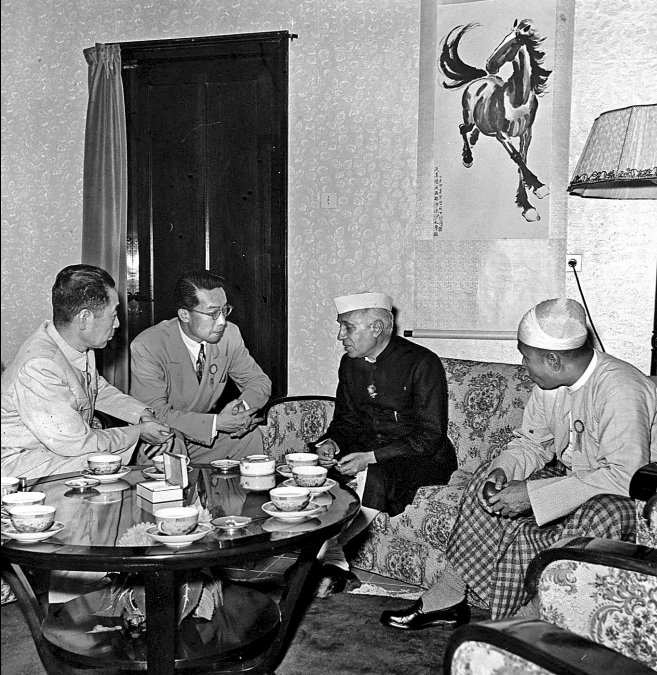Xi, Modi head to second informal summit

Larger roles

Western analysts have questioned the resilience of Sino-Indian relations, asking if the two countries can work together toward greater global security.
Zhang Guihong, director of the Center for UN Studies at Fudan University in Shanghai, said that as long as territorial disputes remain unsettled, mistrust will always exist, but it is important to prevent the disputes from escalating into conflict.
"To build mutual trust, we need — bilaterally — to strengthen our economic relations and promote people-to-people contact, and regionally, to deepen our cooperation in Southeast, Central and South Asian affairs and to jointly build an Asian community with shared future for humanity," said Zhang.
Among the five permanent UN Security Council members, China is the largest contributor to peacekeeping personnel.
As large developing countries, China and India have similar goals such as poverty reduction and cleaner air, but they need to do more to coordinate efforts at the UN on global issues such as climate change.
"I do not see any substantial coordination at the UN on this issue (climate change) but there is some coordination through BRICS and G77," Zhang said.
BRICS refers to Brazil, Russia, India, China and South Africa, while the Group of 77 at the UN is a coalition that now comprises 134 developing countries. There were 77 founding members.
Lu Yang, a research fellow with the Institute of BRI Studies at Tsinghua University, said China and India have "different understandings" about the Belt and Road Initiative, but this should not affect their "practical cooperation" on specific projects.
The Asian Infrastructure Investment Bank is a good example of such cooperation, she said.
Sino-Indian relations have long been guided by pragmatism.



































